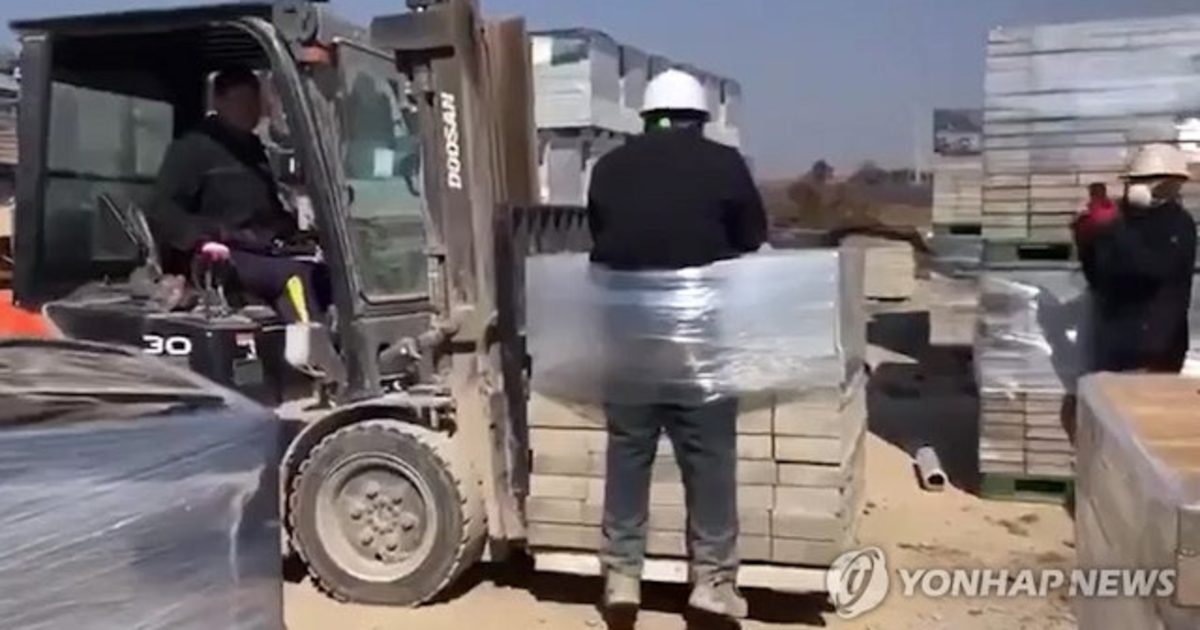A disturbing incident of workplace abuse in South Korea has triggered widespread condemnation after a Sri Lankan migrant worker was tied up and transported like cargo on a forklift by Korean coworkers, with bystanders laughing and taking photos.
The incident occurred in February 2025 at a brick factory in Naju City, South Jeolla Province. According to police, a Korean man in his 50s bound his 31-year-old Sri Lankan colleague to a stack of bricks using industrial tape and then used a forklift to carry him across the site—treating the man as if he were part of the cargo. Reports indicate that around 20 workers witnessed or participated in the scene, with some even recording videos and taking photos for amusement.
A video of the incident, which has since circulated online, shows the Sri Lankan worker immobilized and clearly distressed as others laugh in the background. The entire episode reportedly lasted for about 30 minutes.
The case has drawn severe criticism across South Korea. President Lee Jae-myung condemned the act, calling it a “brutal violation of human rights” and demanded a thorough investigation and strict accountability. On July 25, local authorities arrested the suspected perpetrator on charges of special detention and assault.
This incident is just one of many alarming cases involving the mistreatment of migrant workers in South Korea. In a separate account, a 28-year-old Nepalese worker in Ansan City revealed he was regularly beaten, insulted, and even burned with hot coffee by his employer after complaining of severe hand injuries caused by strenuous tasks. He said his boss even threatened him with arrest when he tried to change jobs. Only after filing a complaint with the Ministry of Employment and Labor was he allowed to leave the abusive workplace.
Human rights advocates have long voiced concerns over the treatment of foreign laborers in South Korea, calling for stronger labor protections and accountability. The recent incident has reignited national and international discussions about worker safety, dignity, and equal rights, especially for migrant workers often placed in vulnerable positions.



